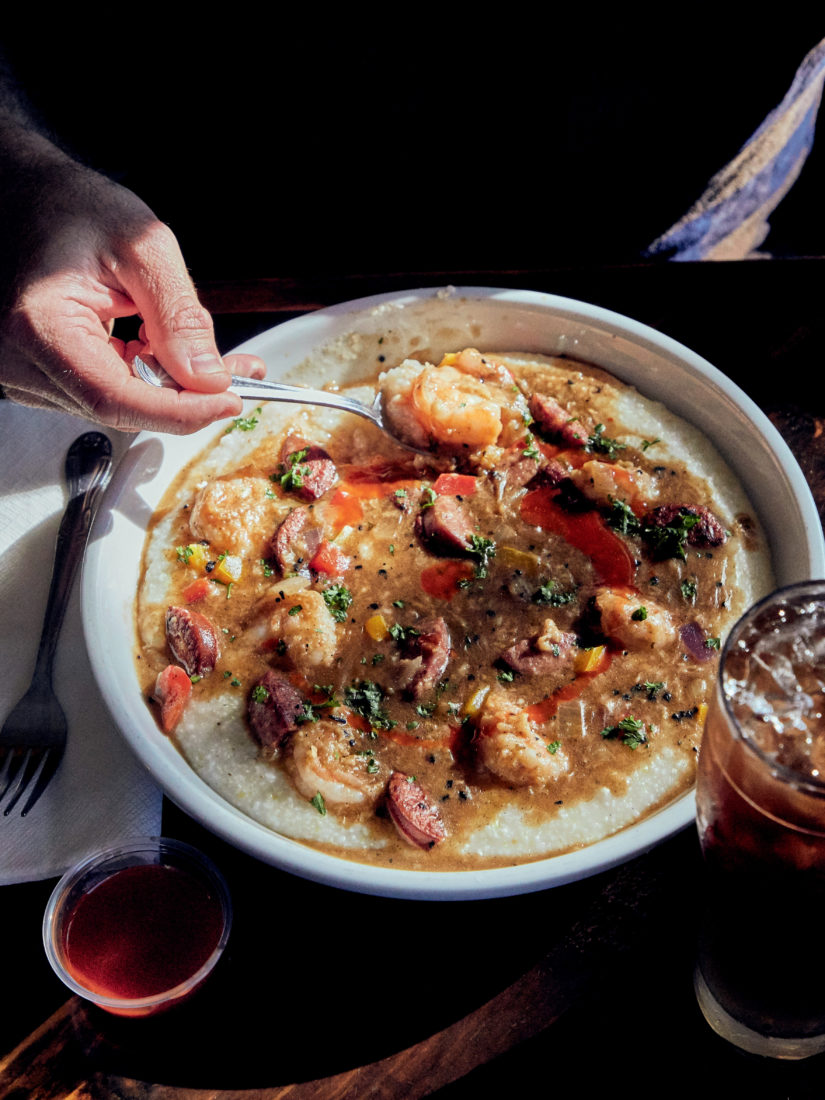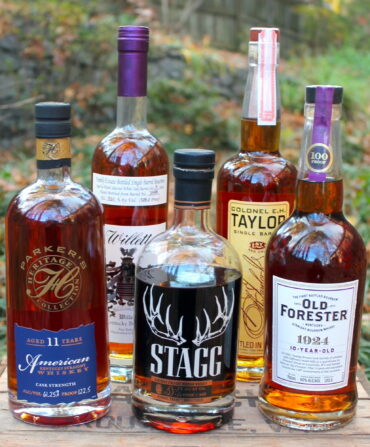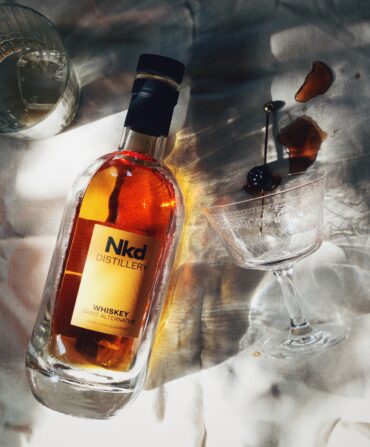There’s lately been much hand-wringing in Charleston over the state of the local restaurant scene, which a decade or so ago scaled previously unimaginable heights: As openings and accolades mounted, trusted writerly types with epicurean chops called it one of the best places to eat in the world. They weren’t exactly wrong.

Current anxieties have been stoked by downtown rents, which have risen sharply, and the availability of restaurant workers, which hasn’t. Yet neither challenge has seemed to slow the rate of restaurant openings. Some longtime players wonder if new hotels can possibly hold enough diners to fill all of the seats. But start eating what’s being served in Charleston today, and it’s clear the city’s food credentials are intact. In fact, deliciousness per capita may have surpassed record levels. Chefs and bartenders have always had the advantage of year-round fresh fruits and vegetables, as well as a sea full of fish. But now they have access to ingredients that didn’t formerly make their way to coastal South Carolina, and knowledge imported by colleagues besotted by the city. Mostly, though, eaters are the beneficiaries of a long-standing collective mind-set that places a premium on hospitality.
Think of the following ten dishes as a highly polished mirror held up to all of the above, or as a window through which diners can glance at the past and look toward the future. These plates hail from a range of restaurants—older and newer, casual and elegant—and emerge from kitchens showcasing varying ideas about how to cook. What they have in common, though, is the unmistakable taste of place.
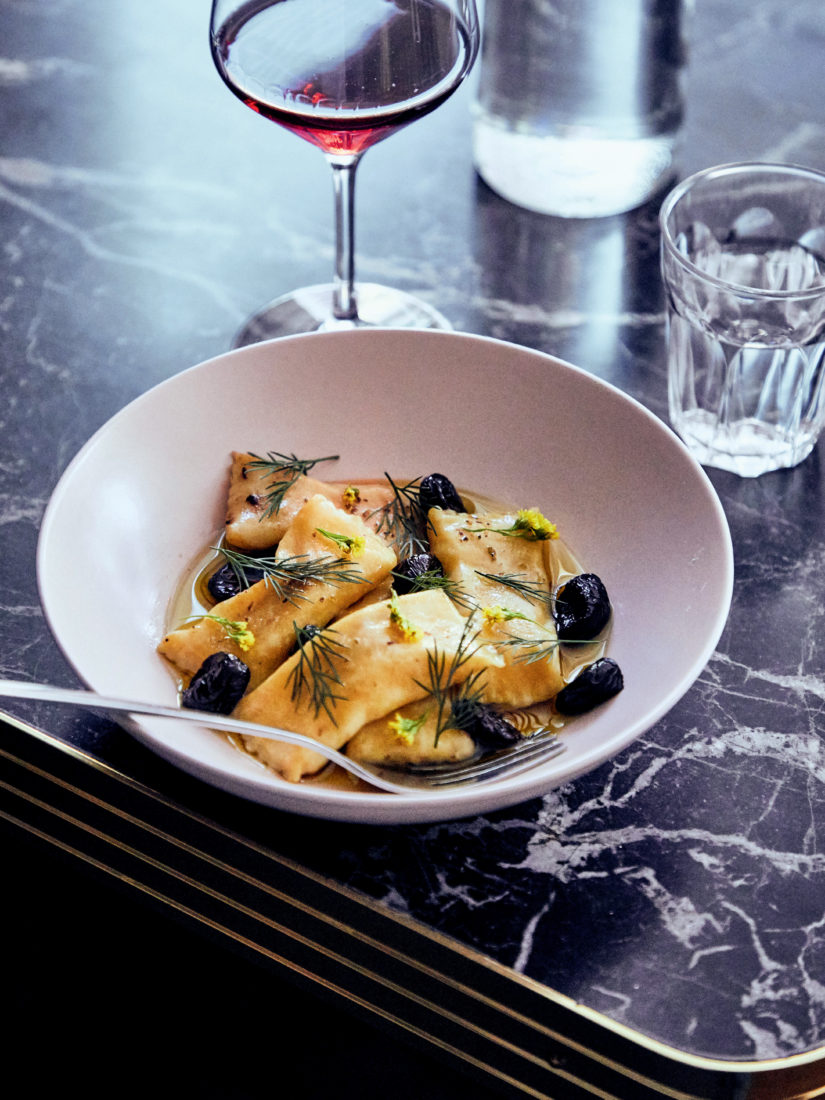
Take the agnolotti at Renzo, a calmly sophisticated trattoria that opened in 2018 and prides itself on pizza crusts charred by open flames and wines invigorated by wild yeast. If a still-life artist produced something as pretty as this plate, he’d probably call it a masterpiece and hang up his smock: The crimped cheese-stuffed pasta bundles, as delicate as the flower petals scattered among them, are enriched by Orangeburg County eggs and sweetened in summertime by roasted muscadines. Opening chef Evan Gaudreau created the dish with help from his now fiancée, Eva Suárez, then an employee of Charleston’s leading cheese shop, Goat Sheep Cow. Gaudreau wanted a cheese funky enough to anchor the preparation, and Suárez came up with Castelrosso, a cow’s milk cheese produced in the Italian Piedmont since the 1890s. Still, its origin is very much a story of contemporary Charleston, where chefs often take a more communal rather than competitive approach.
Rodney Scott is one of barbecue’s biggest names: Since opening in Charleston the first of what’s shaping up to be a small chain of smoked-meat parlors, the Hemingway, South Carolina–raised chef has become only the second pit master to win a James Beard Award. Yet his name doesn’t grace the only dessert served at his counter-service restaurant, listed as Ella’s Banana Puddin’. It’s a tribute to his mother, and following her lead, Scott refuses to skimp on vanilla wafers in his exceptionally creamy custard—every bit as cool and sweet as what sits at the end of a traditional Southern cafeteria line, but as carefully considered as an old-style trifle. Broken up amid the meringue, the store-bought cookies aren’t a cheat so much as a nod to the most democratic aspects of regional culture.
When brothers and fine-dining vets Joe and Kevin Nierstedt decided to open KinFolk, a small restaurant that debuted last summer on verdant Johns Island, southwest of downtown, they figured they’d focus on barbecue. “Fried chicken was meant to be a crutch if barbecue didn’t go well,” Joe says. “Then it became a monster in its own right.” Regardless of whether patrons order chicken or pork, they get bread-and-butter pickles on their plates, which means the KinFolk kitchen is swimming in pickle juice. The Nierstedts didn’t want to pour it down the drain, especially since the pickles are made according to a recipe that once won a blue ribbon at the Tennessee State Fair. So they used that brine for their chicken, including a standout crispy chicken sandwich. Most guests would probably never guess that the Nierstedts’ preparation also includes a dunk in seasoned duck fat, but when they savor the essence of poultry, they’re bound to appreciate Charleston chefs’ knack for covertly applying high-end techniques to familiar dishes.
Sometimes the embrace of elegance isn’t quite so discreet. Delaney Oyster House, the newest member of a restaurant family that also includes the lauded Husk and McCrady’s, is designed for spur-of-the-moment caviar snacking, early evening chilled martinis, and raw oyster platters after a concert at the nearby Gaillard performing arts center. But there’s nothing nonchalant about chef Shamil Velazquez’s thought-out plates, including a phalanx of succulent Carolina blue crab claws, cracked and dusted with Aleppo pepper. They’re served with an herbaceous mojo sauce, which makes for a lovely meeting of land and sea.

Chefs around Charleston are also looking beyond the American South for inspiration, with references to East Asian cuisines cropping up on menus that a few short years ago didn’t have a drop of miso or a dot of koji. Leading the charge is David Schuttenberg, a New York City transplant who moved to Charleston in 2015. Schuttenberg launched Kwei Fei as a pop-up downtown before finding a permanent home on nearby James Island for his Szechuan cooking. Although his Yibin noodles are styled after a classic dish devised on the other side of the globe, the joyous tangle of soy-dark wheat noodles derives its soul from mustard greens and sesame seeds, ingredients that have figured into cooking here for centuries.
Bob Cook at the lively Edmund’s Oast, also one of the city’s best breweries, excels at weaving together ingredients and influences, a point made beautifully by his mac and peas, almost too magnificent to classify as a side. The itty-bitty ditalini noodles and aged cheddar béchamel are wholly European, but the dish is also shaded by curry, brightened by garden-green peas, and served bubbly in a cast-iron pan, blending complexity with comfort.
“When we first opened, we served bouillabaisse,” recalls chef Kevin Johnson of the Grocery, which in eight years has established itself as the city’s preeminent local vegetable interpreter as well as a graceful handler of shellfish. “Within the first few months, we decided celebrating the rice, field peas, and seafood of the Lowcountry seemed like a much better choice.” That decision led to Johnson’s impeccable Lowcountry seafood pilau. In addition to giving visitors a chance to grapple with the word pilau (also spelled perloo and variously pronounced PER-lou, PER-lo, and per-LO), the layered rice dish is an edible remnant of the era when hundreds of thousands of enslaved Africans transformed the region into a rice kingdom, forever altering the state’s physical and cultural contours. Elsewhere, there are chicken pilaus and beef pilaus, but the Grocery’s version, sized for sharing, nestles shrimp, steamed clams, and wedges of fried sheepshead into the soft Carolina Gold rice.
Rice is the traditional accompaniment to shrimp in Charleston, despite the ubiquity of shrimp and grits, a staple on menus here since the 1990s. The fast track to appreciation of the latter dish’s glories is a stop at VIP Bistro, opened in 2018 by Vernon and Catrina Edwards Pinckney, who also operate a nightclub in North Charleston but wanted a place where people could sit down and eat together. Under their supervision, slowly cooked white corn grits are swamped with smoky brown gravy, studded with sausage and brightly colored bell peppers. The shrimp seem just a bit sprightlier against the backdrop of resonant grits, which aren’t weighted down by cheese or too much heavy cream.
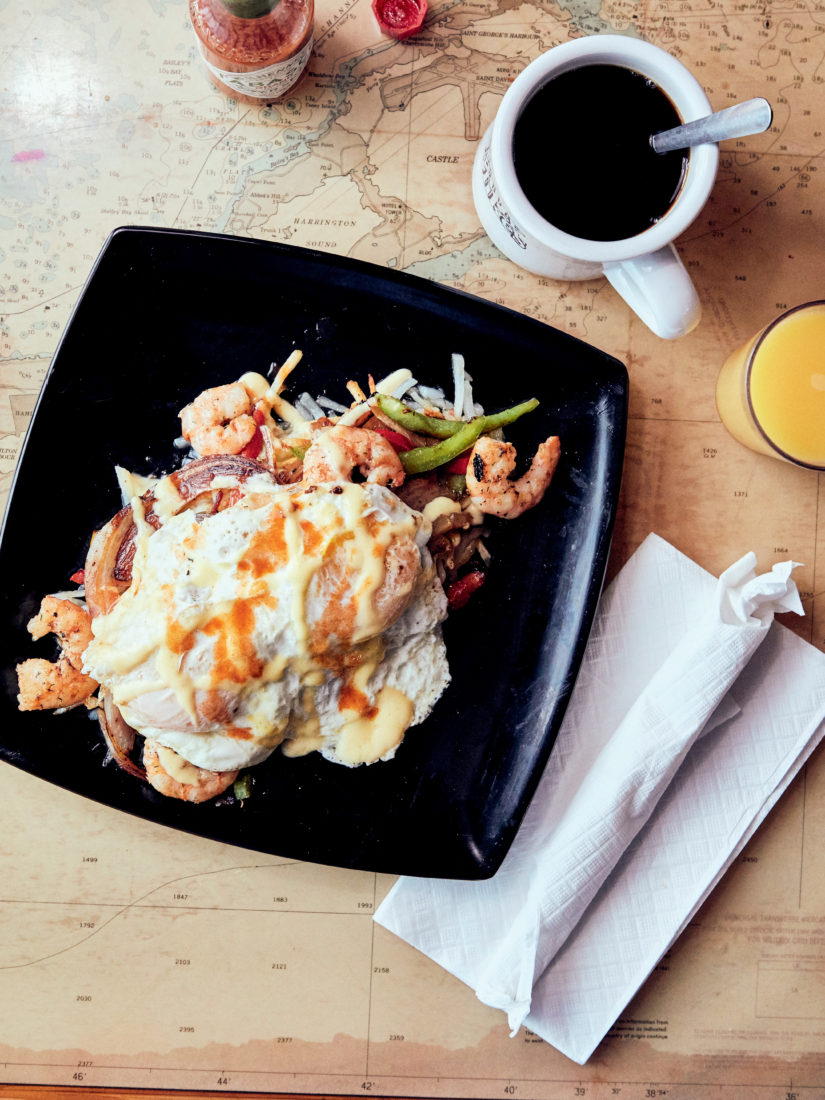
Shrimp also play a starring role in the Lowcountry hash browns at Marina Variety Store Restaurant. Hard by the Ashley River, the unfussy diner has the local lock on splendid food served with the sunrise, and there’s no finer example than hot crisped potatoes mingling with sweet shrimp, onions, and eggs. As you stare out over pleasure boats drifting across the water, it’s hard not to think of the fishermen who spent their lives setting out the same way, each in hopes of coming home with shrimp like those on your plate.
Of course, breakfast isn’t always an early morning affair, which is why the clock never runs out on the smothered pork chop at Hannibal’s Soul Kitchen. Though listed as a breakfast dish, it’s typically available from morning to night. Founded in 1985 by Robert “Hannibal” Huger, who was nicknamed for the African military commander, Hannibal’s is a neighborhood soul-food institution, celebrated for its fried shark, crab rice, and stew gizzards. But the lightly breaded pork chop is masterful, as is the salty smooth gravy that envelops it.
Toward the end of 2019, a sign pinned to the front door warned that Hannibal’s would be in minor disarray during a renovation. But diners pressed ahead anyhow, taking their usual seats at the restaurant’s bar for breakfast. Charlestonians like to come together. And so long as they do, it seems likely they’ll have no trouble finding wonderful food to eat.
READ MORE: THE INSIDER’S GUIDE TO CHARLESTON


